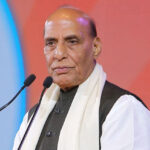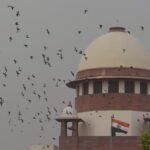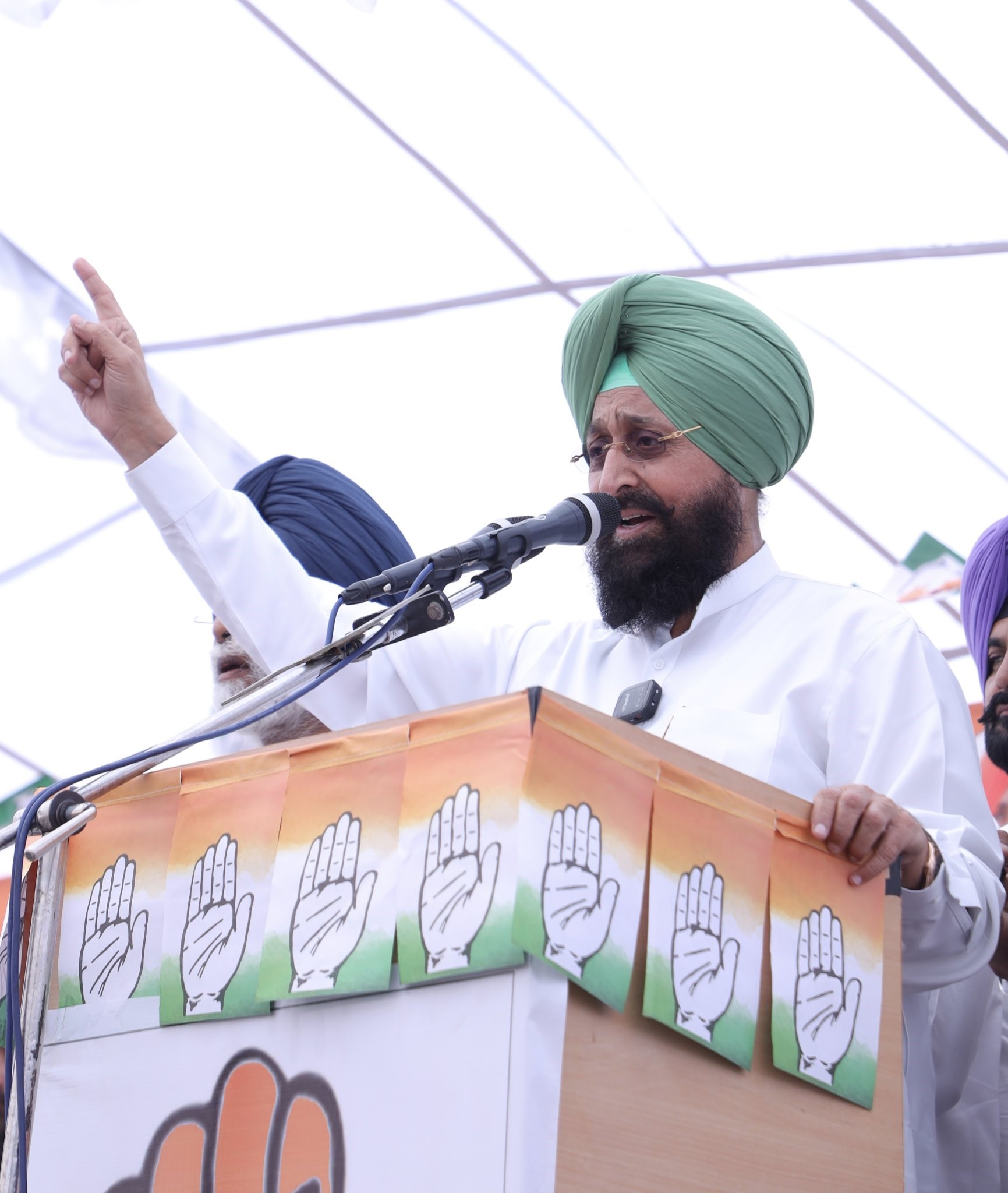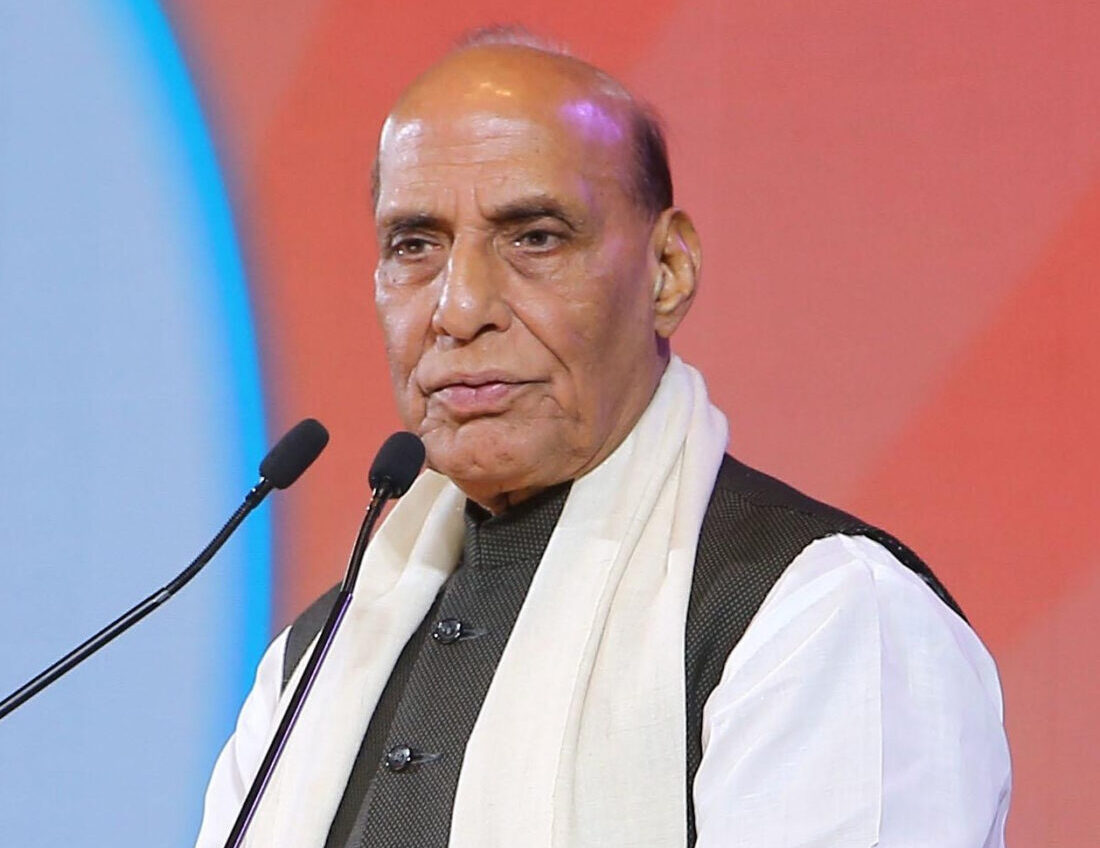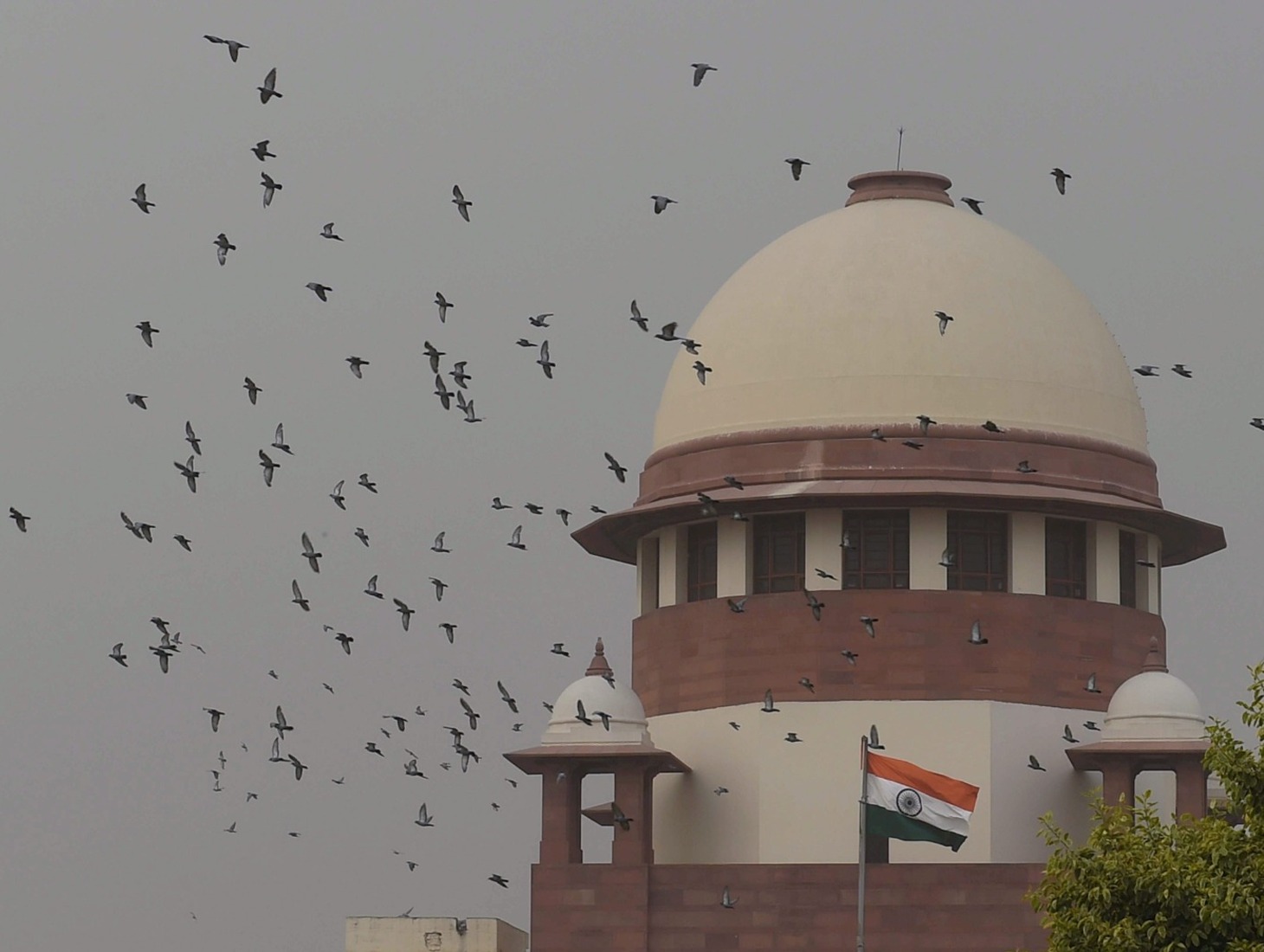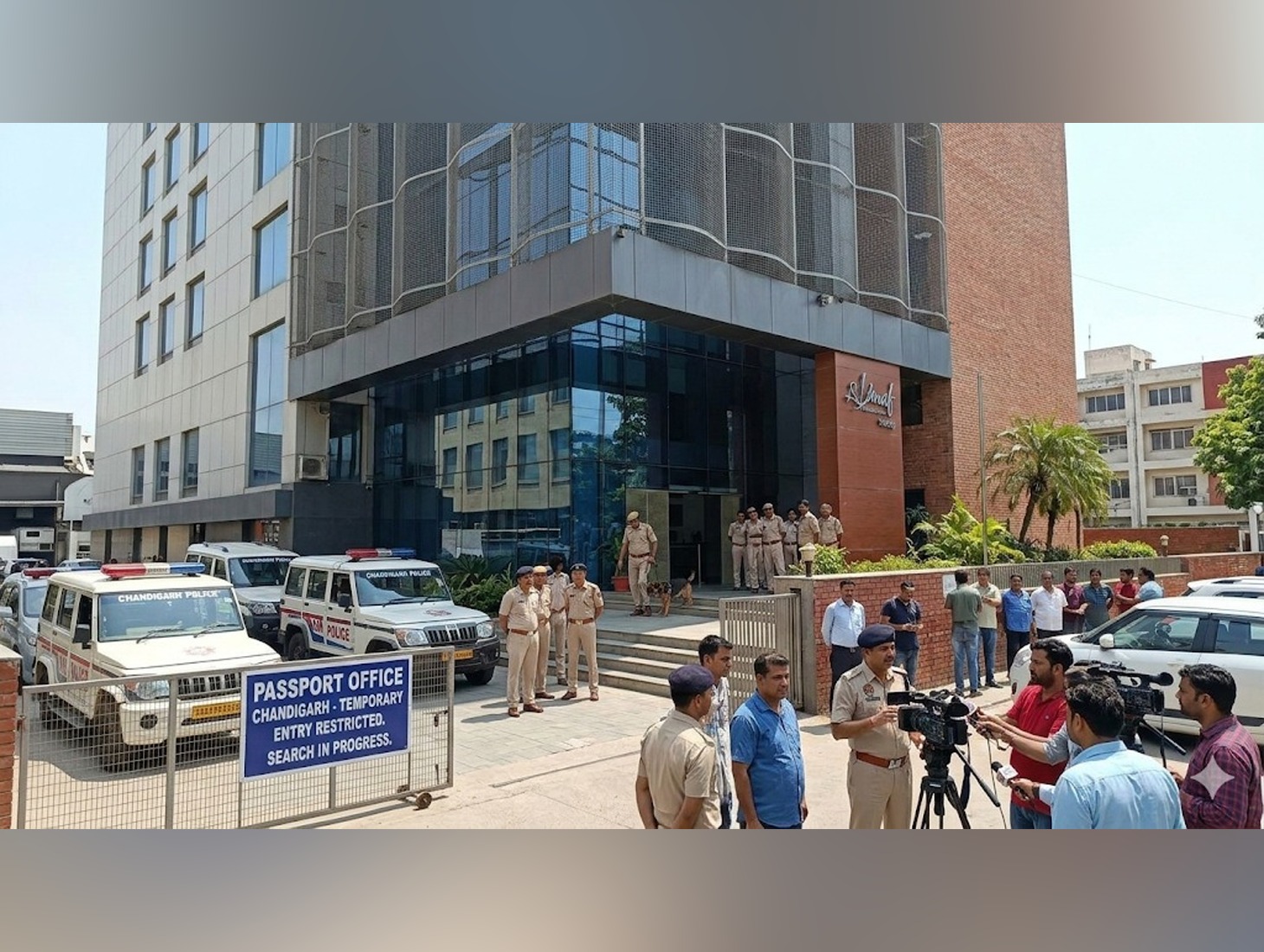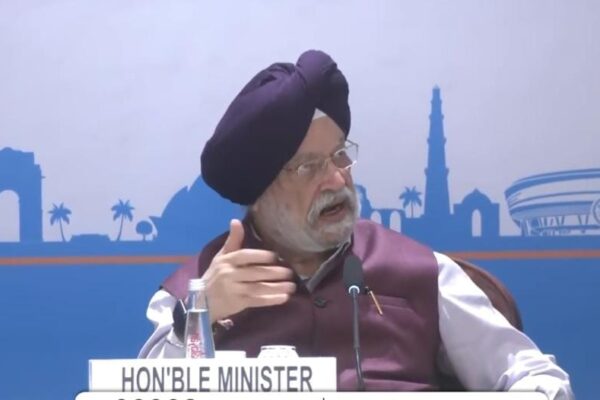The North News
Chandigarh, April 15
The controversy surrounding Congress leader and Leader of Opposition, Partap Singh Bajwa’s claim that 50 grenades had entered Punjab, with 18 allegedly already used, has ignited a political firestorm. While the Aam Aadmi Party (AAP)-led Punjab government swiftly registered an FIR against Bajwa, citing concerns over public safety and misinformation, critics argue that such actions may reflect political vendetta rather than genuine security measures. This incident underscores the delicate balance required in a border state like Punjab, where political leaders must exercise caution in their statements, and the government must ensure that its responses uphold democratic principles and avoid exacerbating tensions.
The state government, led by Chief Minister Bhagwant Mann of the Aam Aadmi Party (AAP), responded with an FIR under charges of incitement and misinformation. It was swift, aggressive, and highly publicised. Critics—especially within Congress—now allege the move was less about safeguarding public order and more about silencing a vocal opponent. Bajwa’s legal counsel, senior advocate Vivek Tankha, went so far as to call it a “political vendetta,” while Punjab Congress chief Amarinder Singh Raja Warring accused the Mann administration of treating dissent like a criminal act.
This controversy, though seemingly about a single statement, raises broader concerns about the state of political expression, institutional overreach, and the weaponisation of police machinery for partisan ends. Punjab has never been short of political theatre. But the current episode illustrates how thin the line has become between governance and partisanship.
To be clear, Bajwa’s claim was provocative. In a state with a volatile border and a history of insurgency, even rhetorical exaggeration can have unintended consequences. If such a grenade influx truly occurred, it would signify a catastrophic intelligence failure. If it didn’t—and no agency has confirmed the existence of such a threat—then it was a reckless assertion.
But recklessness alone does not warrant the full force of state machinery unless it poses imminent harm. The FIR, lodged under cybercrime laws, walks a dangerous line between managing public fear and criminalising opposition rhetoric. It is here that the Mann administration may have miscalculated: rather than defusing the issue, it has added fuel to a perception of authoritarianism.
Interestingly, Punjab BJP chief Sunil Jakhar has now also weighed in, calling Bajwa’s remarks “entirely false” and accusing Congress of misleading the public. This alignment between AAP and BJP on the issue is politically notable, especially in a state where Congress remains the primary opposition to AAP’s rule.
The result is a three-way conflict in which the focus has shifted from public safety to political optics. The grenade claim is no longer just about potential threats—it’s a metaphor for the explosive tensions between Punjab’s political factions.
Zooming out, the Bajwa episode speaks volumes about the changing nature of opposition politics in country. Increasingly, ruling parties at the state level are mirroring the centre’s intolerance for criticism, using institutions to counter narrative threats. Whether it’s the Enforcement Directorate at the national level or FIRs at the state level, the message is consistent: dissent has a price.
In Punjab, where political legitimacy is still shaped by memories of militancy, such overreach can be particularly destabilising. For many residents, especially those old enough to remember the 1980s and 90s, the use of law enforcement to settle political scores evokes uncomfortable echoes.
India’s democracy is not endangered by political disagreement—it thrives on it. What weakens it is the erosion of tolerance for opposing viewpoints, the stifling of debate, and the normalisation of criminal prosecution as a response to speech.



